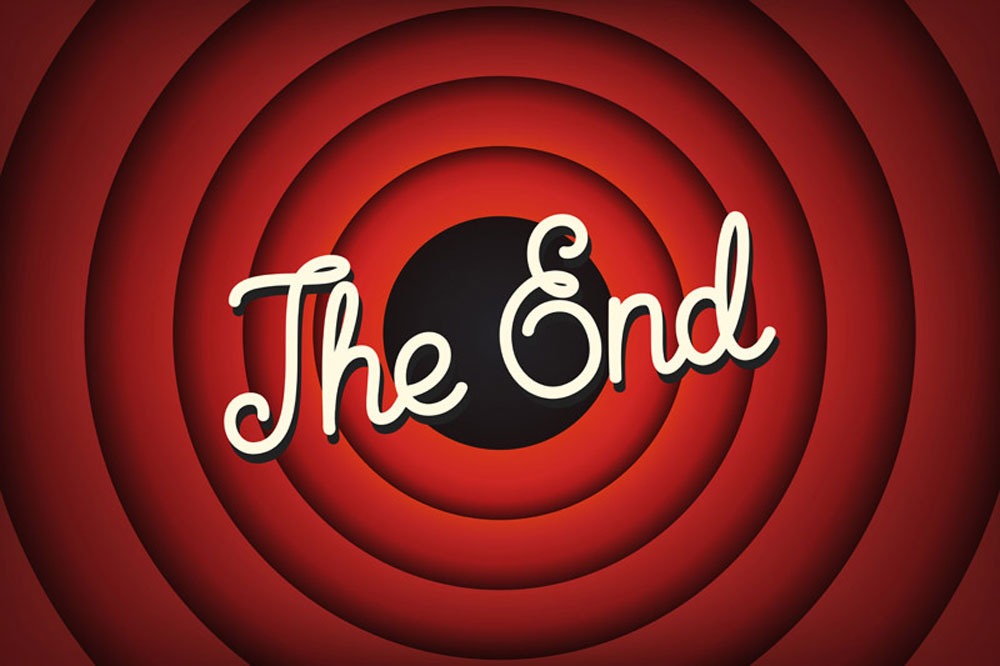
On January 13, Illinois lawmakers voted to do away with cash bail bonds and pretrial incarceration, systems that have demonstrably disproportionately harmed Black and Latinx Americans. As Arnav Shah and Shanoor Seervai of the Commonwealth Fund detail, “Black and [Latinx] Americans are more likely to be stopped by the police and experience police violence at the time of arrest; they also are more likely to be poor and unable to raise bail funds. The cash bail system also compounds underlying health disparities in access to care that has led to worse outcomes for Blacks and [Latinxs] compared to white Americans.”
The Illinois campaign to end cash bail and enact other justice system reforms has been led by a coalition of 15 organizations and the Illinois Legislative Black Caucus (ILBC). Called the Pretrial Fairness Act (HB3653), the measure passed the state legislature during this month’s Illinois legislature lame duck session. The bill is now pending Governor Jay Robert “JB” Pritzker’s signature. Pritzker said last Friday that he was “very pleased” and many expect him, given past statements in favor of abolishing cash bail, to sign the bill. However, one week after it was passed, Pritzker has yet to sign, and he faces considerable pressure, especially from police, to veto the bill.
Among the bill’s provisions are the following:
- Replace bail bonds with a system of pretrial release, to become effective January 1, 2023.
- Provide that police use of force is permissible only when an officer has determined it is necessary to defend either themselves or others from bodily harm when making an arrest.
- Prohibit certain uses of force, such as chokeholds and restraints above the shoulders that can restrict breathing.
- Prohibit using force as a punishment or in retaliation when it is not authorized—for example, using tear gas and pepper spray without first allowing a crowd to disperse after being warned.
- Require police officers to give immediate medical assistance to an injured person, regardless of whether they were injured by the officer’s use of force, as well as intervene when another officer uses excessive force and to file a report of that incident within five days.
An even more extensive list of the bill’s provisions is available here.
One area where advocates fell short of their goals was in their inability to get legislative support to eliminate qualified immunity for officers. The bill does, however, contain a clause that will create a yearlong state Task Force on Constitutional Rights and Remedies that will look into the issue and make policy recommendations.
One area where the Illinois bill stakes out new ground is in establishing an oversight board that will publish quarterly reports on the use of electronic monitoring devices (ankle bracelets and the like). As Isaac Sher writes in the Intercept, “State prosecutors will bear the burden of proving that an accused person should be monitored, both before the person has been surveilled and after 60 days of surveillance. And…any time ‘served’ on an electronic monitor will be subtracted from a court sentence.”
Beyond the money bail ban, Scher observes, the bill places “unprecedented restrictions on an emerging and largely hidden system of prediction and surveillance.”
Sign up for our free newsletters
Subscribe to NPQ's newsletters to have our top stories delivered directly to your inbox.
By signing up, you agree to our privacy policy and terms of use, and to receive messages from NPQ and our partners.
The racist criminal justice implications of the present cash bail system can hardly be overstated. As Julie Euber, looking at the national data, explained in NPQ last June:
Six out of 10 people in US jails are awaiting trial despite being innocent until proven guilty. Bail is set by a judge who can raise, lower, or waive the standard amount based on the details of an individual case, so the total amount can vary greatly. African American men receive bail amounts 35 percent higher than white men charged with the same crimes and with the same criminal history.
Those who can’t pay often stay in jail for months or even years. One study found that pretrial detention increases someone’s likelihood of being convicted by 13 percent, mostly due to an increase in guilty pleas from defendants who otherwise would have been acquitted or had their charges dropped. The study also found a 42 percent increase in the length of their incarceration sentences.
In Illinois, according to the Coalition to End Money Bond, every year more than 250,000 people are incarcerated in Illinois’s county jails. Ninety percent of them are locked up prior to trial, and most because they can’t afford to pay a money bond.
The Coalition to End Money Bond formed in 2016 with 15 participating organizations, including the ACLU of Illinois, Chicago Appleseed Center for Fair Courts, the Shriver Center on Poverty Law, and faith-based groups, among others. Recognizing the abolition of bail bond as a statewide issue for racial and economic justice, the Chicago-based groups later formed the Illinois Network for Pretrial Justice to connect with others throughout the state that were working for overall criminal justice reform. Knowing that Pritzker had made bail bond reform part of his platform, the statewide coalition mobilized 250 people for a lobby day in February 2020, and partnered with the ILBC to move this agenda for racial and economic justice forward.
“We have an opportunity to leverage this moment to make sure other Black women, Black mothers, and Black wives just like me can truly have peace, justice and hope for our future, knowing that our children and our grandchildren will not share the same kind of life experiences that everyone in my generation and generations before me have had to endure,” says State Senate majority leader and chair of the Black Caucus Kimberly A. Lightford.—Carole Levine










